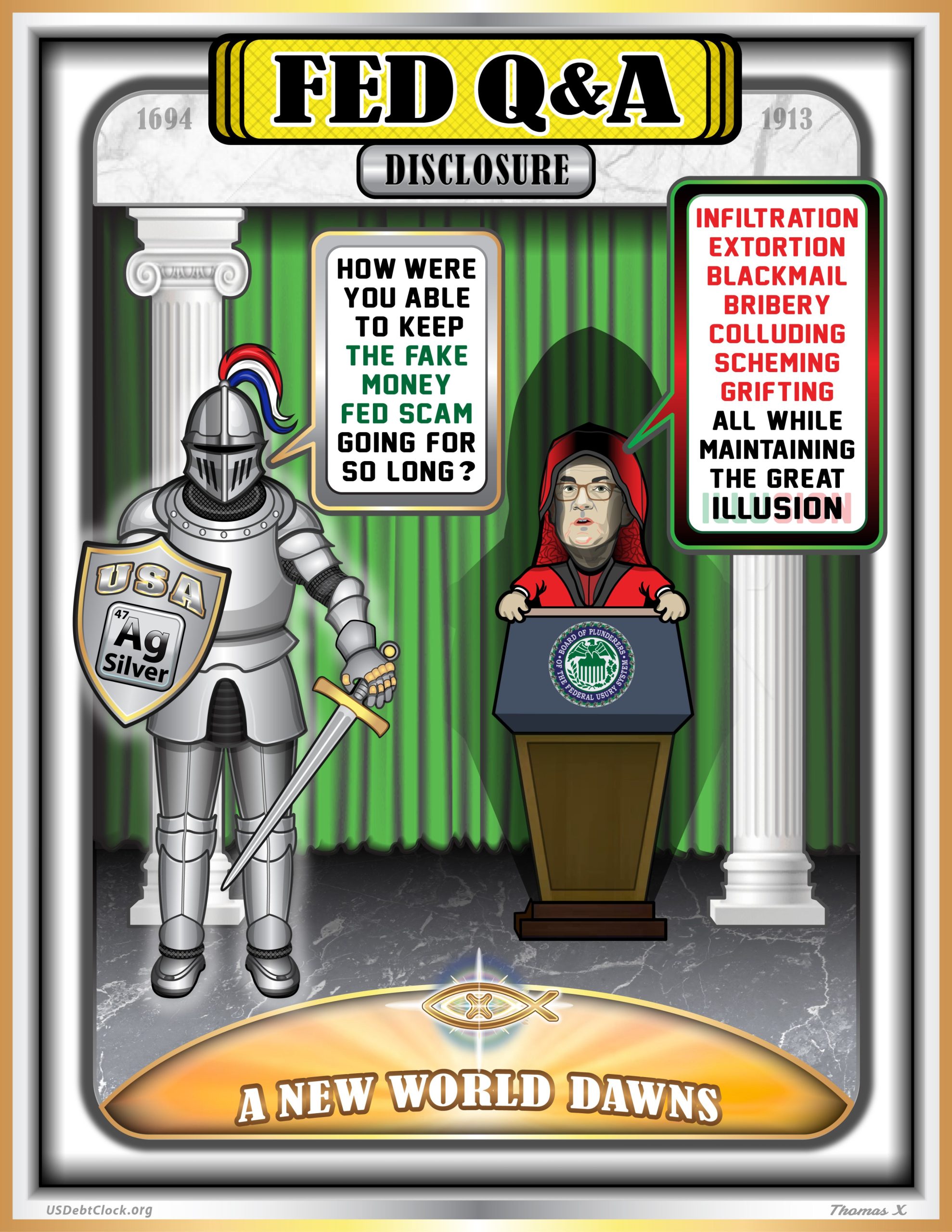In a significant development, the U.S. House of Representatives has passed a bill that would prohibit the Federal Reserve from issuing a digital dollar. This move comes amid growing debate and scrutiny over the future of digital currencies and their potential implications for the financial system. In this blog post, we explore the implications of this bill and its relationship to the transition to Treasury Certificates.
Understanding the Bill
Prohibition on Fed-Issued Digital Dollar:
- The bill passed by the House of Representatives seeks to prevent the Federal Reserve from issuing a digital dollar, effectively blocking the central bank from entering the realm of digital currencies.
Partisan Divide:
- The vote on the bill fell starkly along party lines, with Democrats expressing concerns about privacy and casting the bill as fearmongering, while Republicans supported the measure as a safeguard against potential risks associated with a Fed-issued digital currency.
Implications for the Transition to Treasury Certificates
Preservation of Monetary Sovereignty:
- The passage of the bill to block a Fed-issued digital dollar underscores the importance of preserving monetary sovereignty and maintaining control over the nation’s currency supply.
- As discussions continue around the transition to Treasury Certificates, policymakers and stakeholders must consider the broader implications of digital currencies on monetary policy and financial stability.
Focus on Stability and Security:
- While digital currencies offer potential benefits such as efficiency and financial inclusion, concerns remain about their impact on monetary policy, privacy, and cybersecurity.
- By prioritizing the transition to Treasury Certificates, policymakers can focus on ensuring stability, security, and transparency in the financial system while addressing the evolving needs of the digital economy.
Looking Ahead
Continued Debate and Discussion:
- The passage of the bill in the House of Representatives reflects ongoing debate and discussion surrounding the role of digital currencies in the future of finance.
- As policymakers navigate the complexities of digital innovation and regulatory oversight, constructive dialogue and collaboration will be essential to shaping policies that promote financial stability and economic growth.
Opportunities for Innovation:
- While the bill may temporarily halt the prospect of a Fed-issued digital dollar, it also creates opportunities for innovation and experimentation in the digital currency space.
- By exploring alternative approaches such as Treasury Certificates, policymakers can foster innovation while safeguarding against potential risks and vulnerabilities in the financial system.
Conclusion
The passage of the bill to block a Fed-issued digital dollar underscores the complex and multifaceted nature of digital currency regulation and policy. As discussions continue to evolve, stakeholders must remain vigilant in balancing innovation with stability and security in the financial system. In the context of the transition to Treasury Certificates, policymakers have an opportunity to chart a path forward that promotes financial resilience, fosters innovation, and ensures the integrity of the monetary system.
Disclaimer: This blog post is for informational purposes only and does not constitute financial, legal, or investment advice. Readers are encouraged to conduct their own research and consult with qualified professionals before making any decisions related to digital currencies or investment strategies.

Leave a Reply